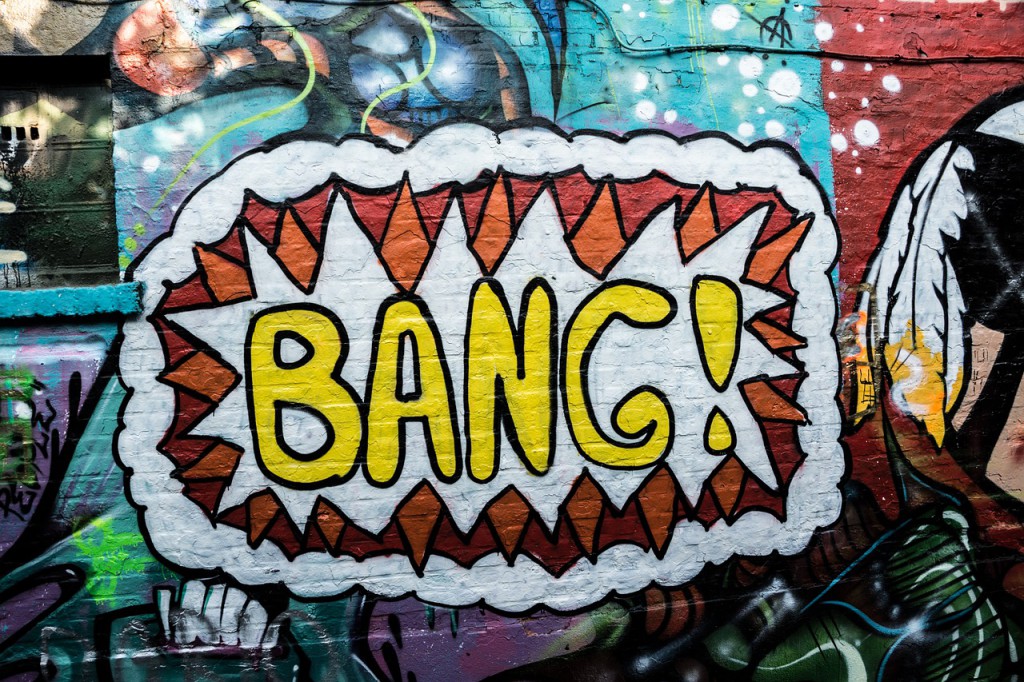Editor’s Note: Melissa Agnes is presenting “So Much More Than a Crisis Plan: Best Practices for Integrating Crisis Prevention and Management Into Your Corporate Culture” at the PRSA Strategic Collaboration Conference on Friday, April 24. Register to attend the conference to learn more about Melissa’s presentation.
Crisis prevention is the best form of crisis management. But how many crises are actually in your power to prevent? The answer depends on the mindset and corporate culture of your organization.
For example, smart organizations are prepared with a plan to react when an incident occurs, but the smartest organizations have also instilled a corporate culture that empowers and trains their team to instinctively identify red flags and take the necessary measures to mitigate risk on a regular basis, within their daily activities and duties.
The truth is that, in this digital era of heightened expectations and real-time challenges, things escalate and evolve so quickly today that, though you certainly need to be armed with a crisis plan, adapting this type of proactive mindset and empowering your team with these instinctive skills is the secret to successful crisis management – and prevention – in this 21st century.
A plan will give you a valuable guide to fall back on. The right corporate culture and skills will provide your team with the right mindset to instinctively make the best decisions and act fast, when times get tough.
KitchenAid knows what I’m talking about
Cynthia Soledad, Senior Director of the KitchenAid brand’s, instinctive communication skills is a beautiful example of this. When a rogue tweet defaming the President of the United States was published from the KitchenAid Twitter account during the 2012 Presidential elections, Soledad’s timely response is what saved the brand from a humiliating potential crisis.
Think of the headlines that could have come “KitchenAid defames the President of the United States.” Not only could this have generated negative press, but defamation is a liability that could have resulted in KitchenAid and the rogue tweeter being sued by the Presidential family, had they very well chose to; making this incident a very real potential crisis.
However, due to Soledad’s quick response and brilliant instinct to take responsibility (even though she was not directly responsible for the rogue tweet), apologize and seek out the media channels that she knew would be writing about the incident momentarily, Soledad managed to get ahead of story and become the narrative. As a result, instead of the gaffe and defamation being the headline, KitchenAid’s expert crisis management skills were the story.
This is the power of developing a corporate culture that provides your team with the skills and instincts to identify red flags, get ahead of the news cycle (an increasing challenge in this digital era) and, most importantly, seek out the opportunities and leverage them.
How to empower your organization to become a crisis prevention pro
How to go about instilling this type of corporate culture will be the topic of my keynote presentation at PRSA’s upcoming Strategic Collaboration Conference in NYC, but until then, let me leave you with the following to give you a head start on beginning to integrate this type of proactive mindset into your communications environment:
Do your communications protocols include the necessity to assess risk on a regular basis and proactively take steps to mitigate preventable risk?
This doesn’t just mean for the more obvious and severe risks, such as a data breach hack for example. Adapting this type of mindset into every aspect of your business and communications is key. For example, are your marketing and PR departments trained to ask simple questions, such as:
- How will this communication (from a tweet to a press release, etc.) connect with our audience on an emotional level?
- How can this upcoming campaign be misinterpreted or misconstrued?
- What’s the worst that can come of this?
Implementing this type of risk assessing protocol for every single communication published by your organization can proactively save you from preventable gaffes that reflect poorly on your reputation.
We’ve seen huge organizations, such as British Airways, not implement this type of reflective thought into their communications and, as a result, unnecessarily and irresponsibly insult their stakeholders and hurt the organization’s reputation.
These sorts of risks are easy to prevent when this type of proactive mindset is integrated into the very culture of your organization’s communication strategies. This one step is a good place to begin – but I hope to see you at the PRSA conference in April where I’ll really dive into this subject with you and provide you with a tangible action plan to help you work towards implementing a corporate culture that prevents risks and crises on a regular basis – and transforms them into opportunities.
—
President and co-founder of Agnes + Day Inc., Melissa Agnes has developed an international reputation for crisis management, planning and training by helping global brands and government agencies prevent and manage a wide range of issues and crises. An international and sought-after crisis management keynote speaker, Melissa has spoken to organizations and audiences including NATO, Ministries of Foreign Affairs, Ministries of Foreign Defense, Ministries of Health, national associations and more. Melissa can be reached at magnes@agnesday.com or via Twitter at @melissa_agnes.







